
Christophe Carugati
Dr. Christophe Carugati was an affiliate fellow at Bruegel on digital and competition issues until December 2023.
He holds a Doctor in Law and Economics on Big Data and Competition Law from Paris II University, a Master in Law Economics from the European Master in Law and Economics (EMLE, University of Bologna, Hamburg, and Vienna), a master in Business Law from Aix-Marseille University, and a double Bachelor in Law and Economics from Toulouse School of Economics (TSE). His academic research focuses on the adaption of competition law to the data-driven economy and the regulation of platforms.
He teaches a competition law seminar at Lille University to master students. Before joining Bruegel, he was a senior policy analyst at the US technology think-tank The Center for Data Innovation, where he worked on digital issues. He also has some experience in practicing competition law in the context of internships in law firms in Paris.
Disclaimer of external interests
Featured work

The competitive relationship between cloud computing and generative AI
Merger control and antitrust laws can address some of the competition risks arising from the relationship between generative AI and cloud computing.

Compliance principles for the Digital Markets Act
This paper proposes an original set of five compliance principles derived from the DMA list of obligations.

The ‘pay-or-consent’ challenge for platform regulators
Users expect online services to be free but some digital firms are now offering pay-or-consent options, affecting competition dynamics.

Preparing for the virtual AI revolution: EU’s flexible principles imperative
Legislators and regulators should adopt flexible principles to promote technological innovations while minimising risks.

What can Member States do with the Digital Markets Act?
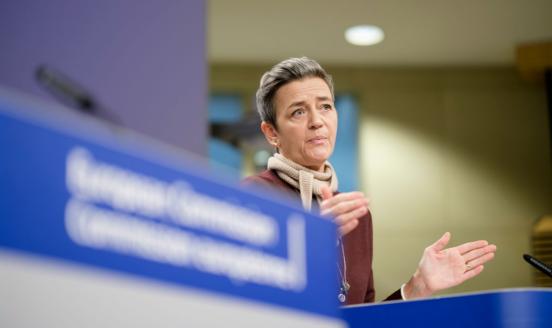
The Digital Markets Act is about enabling rights, not obliging changes in market conditions
Compliance with the DMA will be about ensuring that users are empowered with rights to challenge gatekeepers
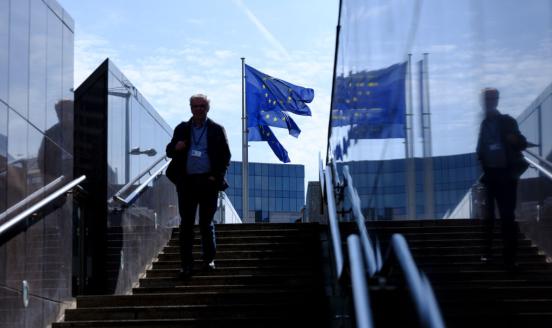
Competition with politicisation is not competition, it’s harmful protectionism
The European Union should reaffirm the principle that undue interference in competition enforcement is protectionism that has negative effects.
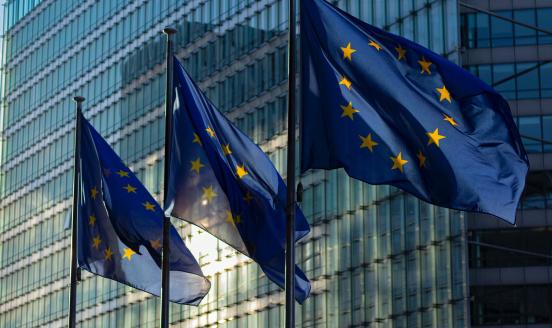
The unjustified campaign against the nomination of Fiona Scott Morton
Critics argue that her US citizenship and previous work for US tech giants might undermine Brussels’s efforts to tackle big-tech market power.

Competition in generative artificial intelligence foundation models
This working paper examines how competition in foundation models (FMs) works.

Antitrust issues raised by answer engines
This paper outlines some early antitrust issues related to answer engines and the response competition authorities should adopt.

The age of competition in generative artificial intelligence has begun
Competition in generative artificial intelligence spurs disruptive, potentially beneficial innovations, but not without costs and risks.
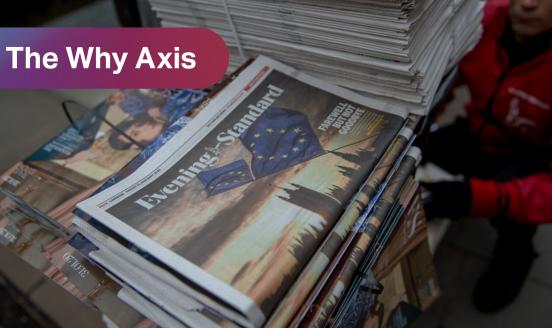
How should the EU tackle the issue of effective user consent for data processing?

Europe’s digital competition law can give users more effective control of their data
The European Union’s Digital Markets Act gives regulatory authorities another chance to tackle the difficult issue of user consent for data processing

Will Germany interfere in Brussels’ efforts to tame big tech?
Germany is leading the race to tame big tech. But does the EU need an antitrust enforcement competitor?

Search to answer engine shift challenges dynamic competition
Microsoft and Google’s move towards answer engines requires competition authorities to preserve dynamic competition.

A model for a participative approach to digital competition regulation
The participative approach aims to involve regulated firms, stakeholders and regulators in the design of compliance measures
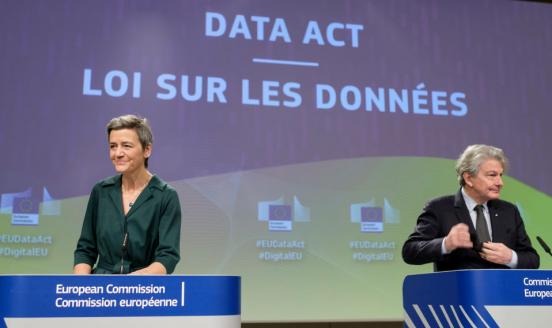
The difficulty of designating gatekeepers under the EU Digital Markets Act
The European Commission should be more precise and transparent when designating gatekeepers under the European Union’s Digital Markets Act.

International cooperation in digital markets
While several countries propose regulations to address digital competition issues, how can they ensure mutual enforcement cooperation?

How best to ensure international digital competition cooperation
International cooperation on digital markets must ensure competition cases and laws around the world are consistent.

The European Health Data Space

Which mergers should the European Commission review under the Digital Markets Act?
This paper assesses which firms are likely to be gatekeepers under the Digital Markets Act.

How to implement the self-preferencing ban in the European Union’s Digital Markets Act
The European Union Digital Markets Act (DMA) bans large online platforms under its scope from treating their own products more favourably than rivals.

The big tech world is in crisis – and that might be a good thing
Big tech companies have been left exposed because they overestimated the growth of online activities during the pandemic, writes Christophe Carugati.

With a little help from some friends: coordinating Digital Markets Act enforcement
Digital Markets Act enforcement will be much more effective if EU member national authorities are involved
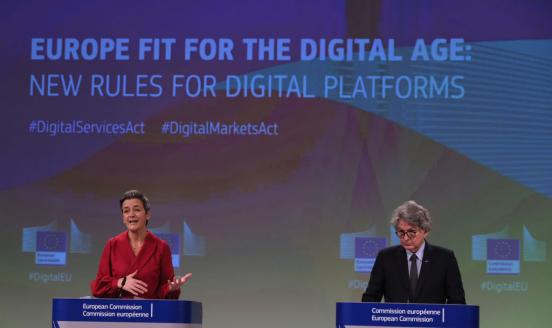
How the European Union can best apply the Digital Markets Act
The European Union’s new Digital Markets Act will enable the European Commission to get ahead of potential anti-competitive behaviour.

A practical arrangement for cooperation between digital economy regulators
A practical arrangement based on case information, case allocation and case resolution would ensure consistency and effective enforcement.
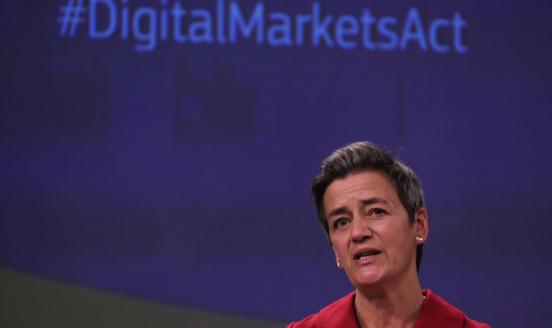
Insights for successful enforcement of Europe’s Digital Markets Act
The European Commission will enforce digital competition rules against big tech; internally, it should ensure a dedicated process and teams.

Who will enforce the Digital Markets Act?
While the Digital Markets Act entered its first trilogue, what will be the enforcement role of the Commission and the Member States?